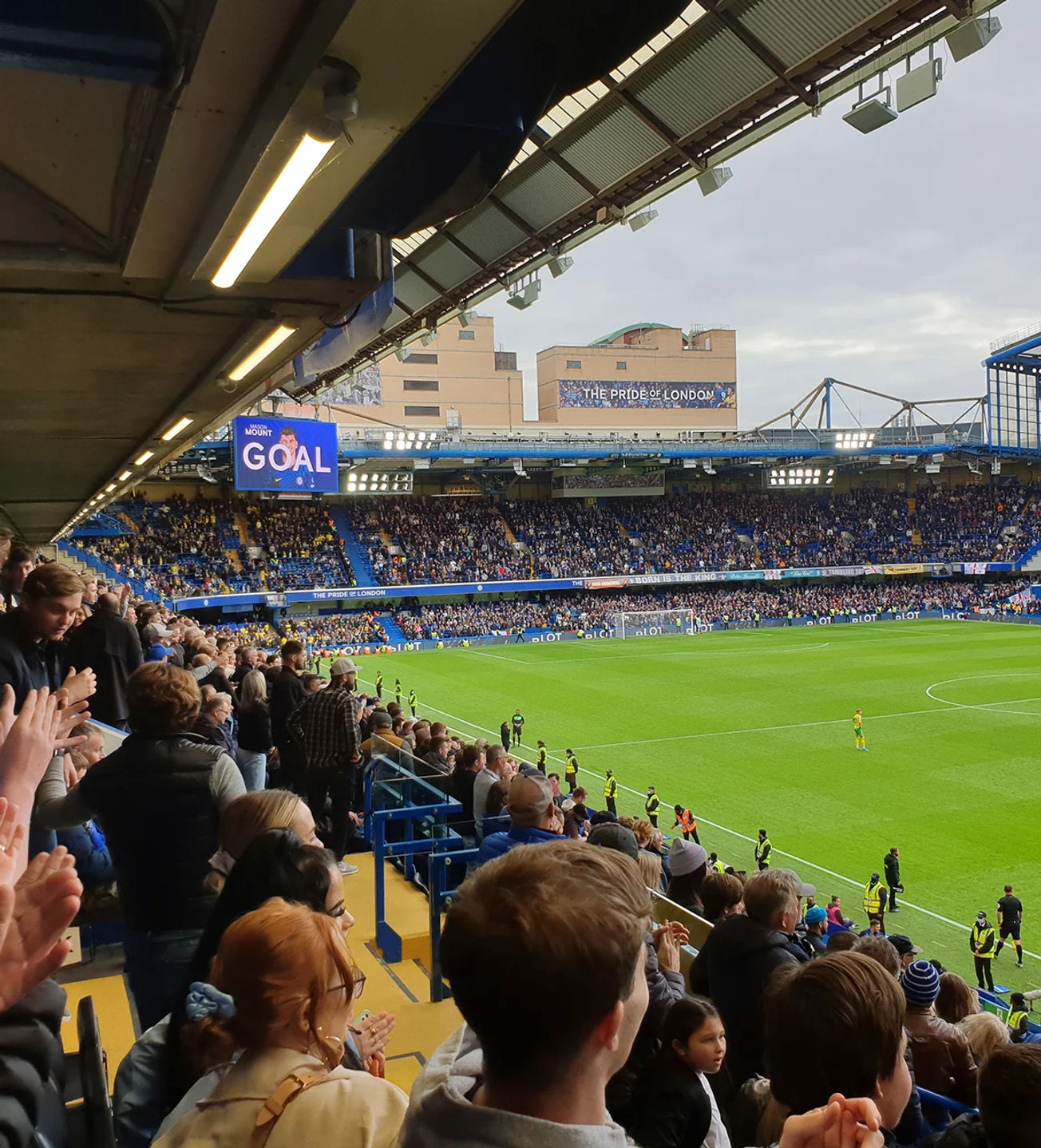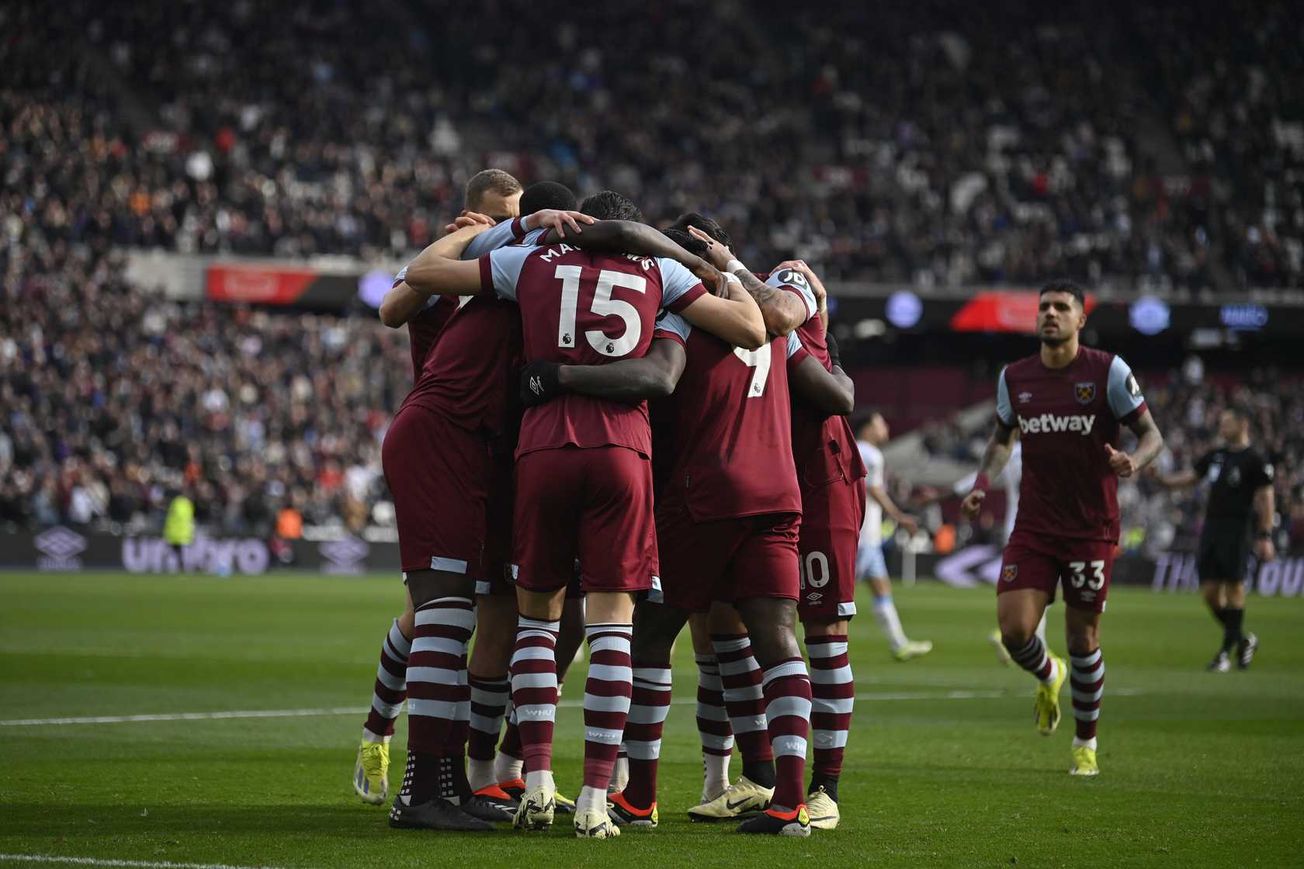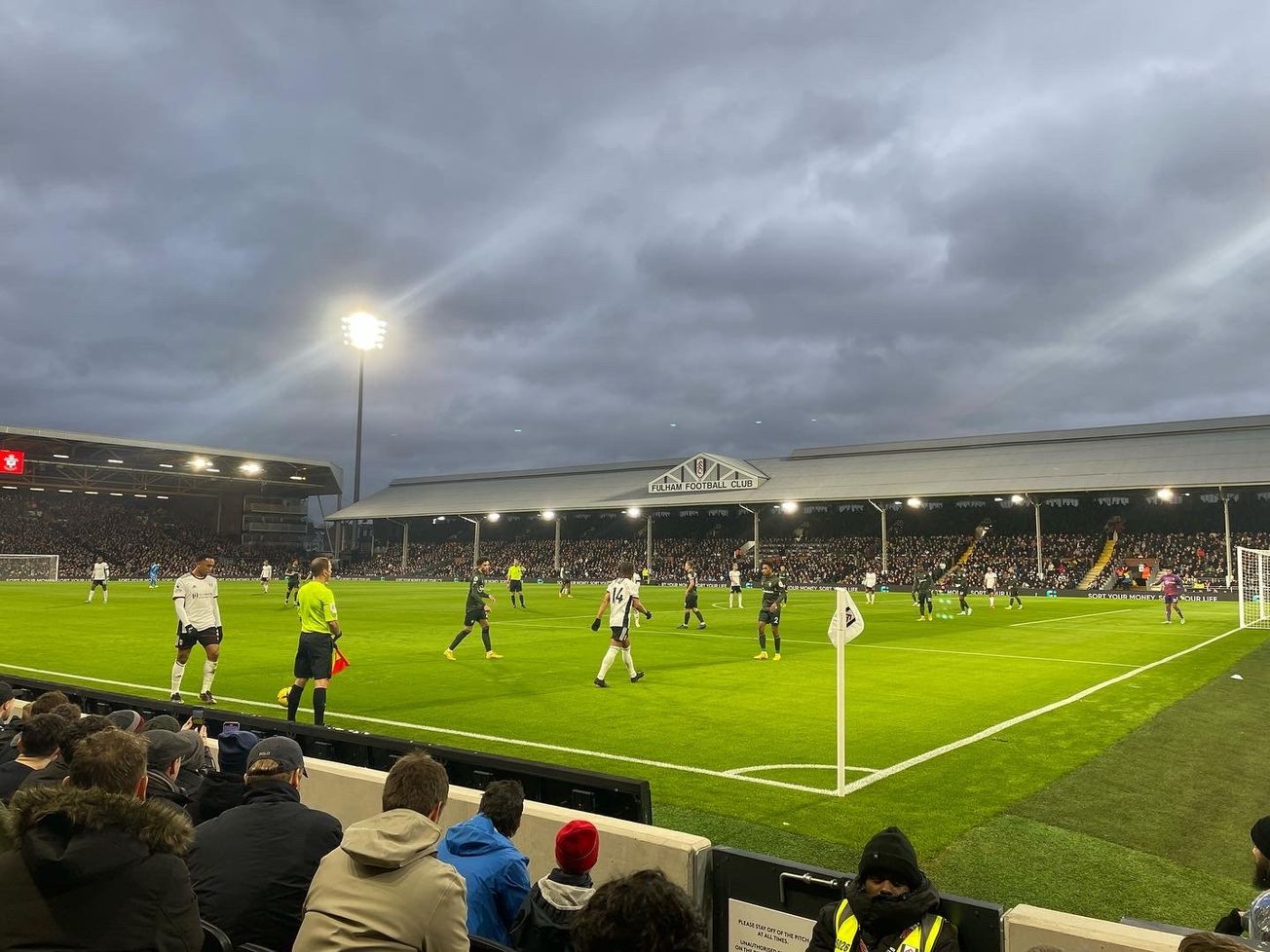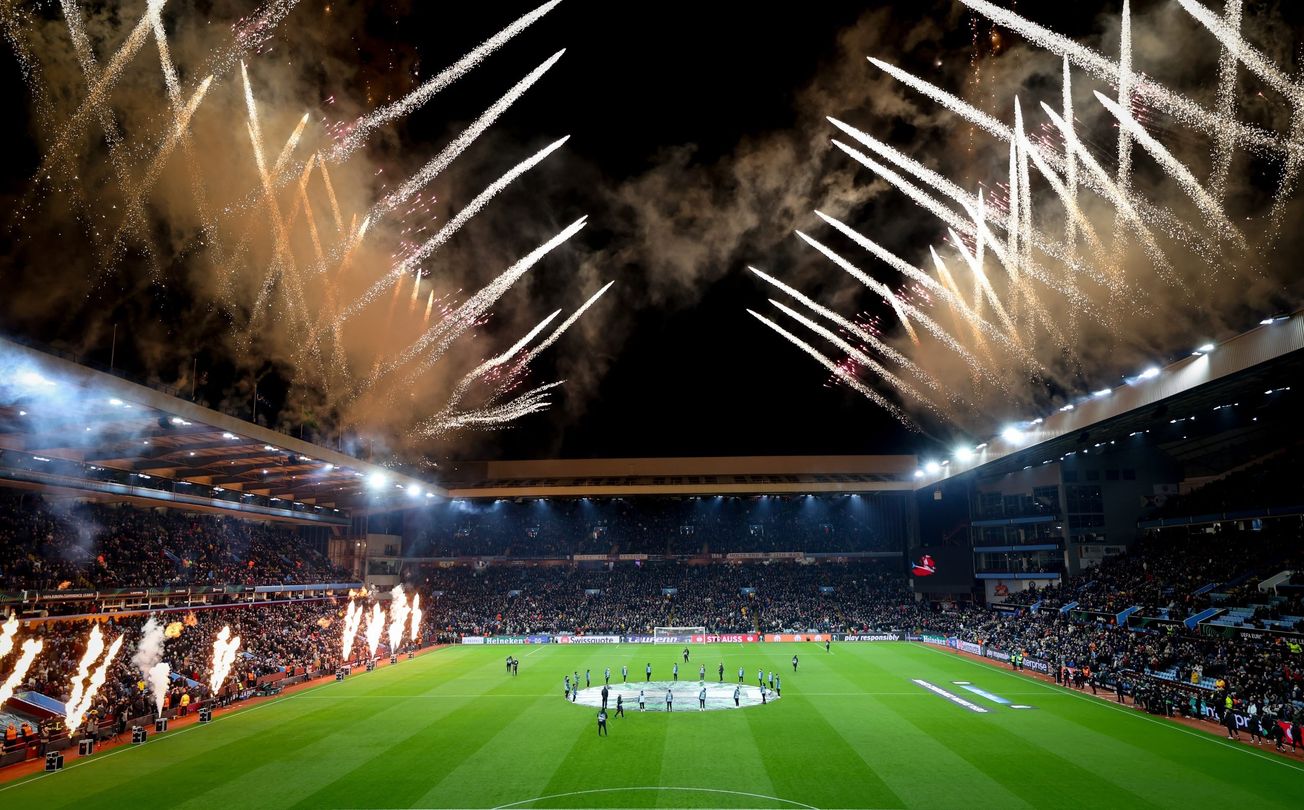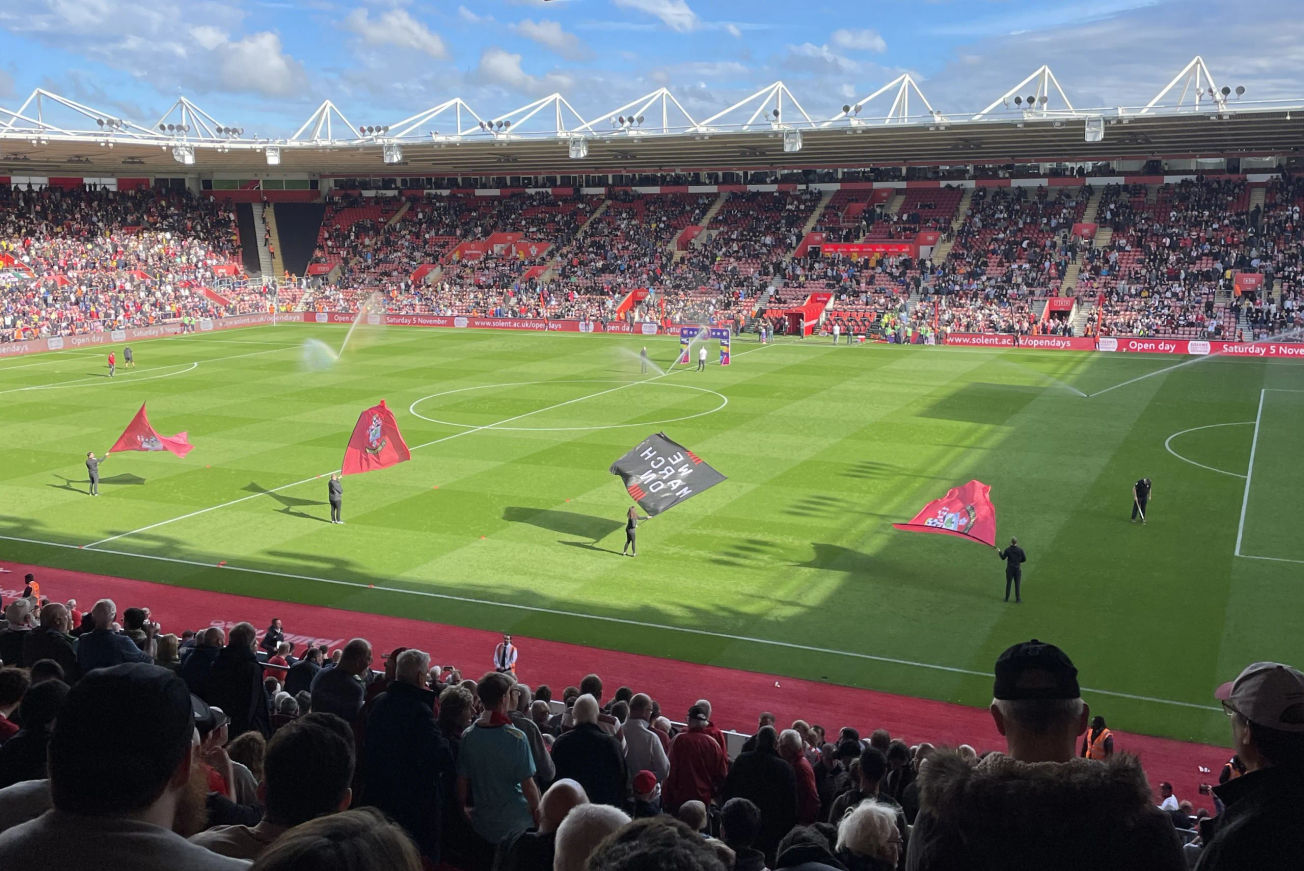Nicknames of Premier League clubs


Check some other articles
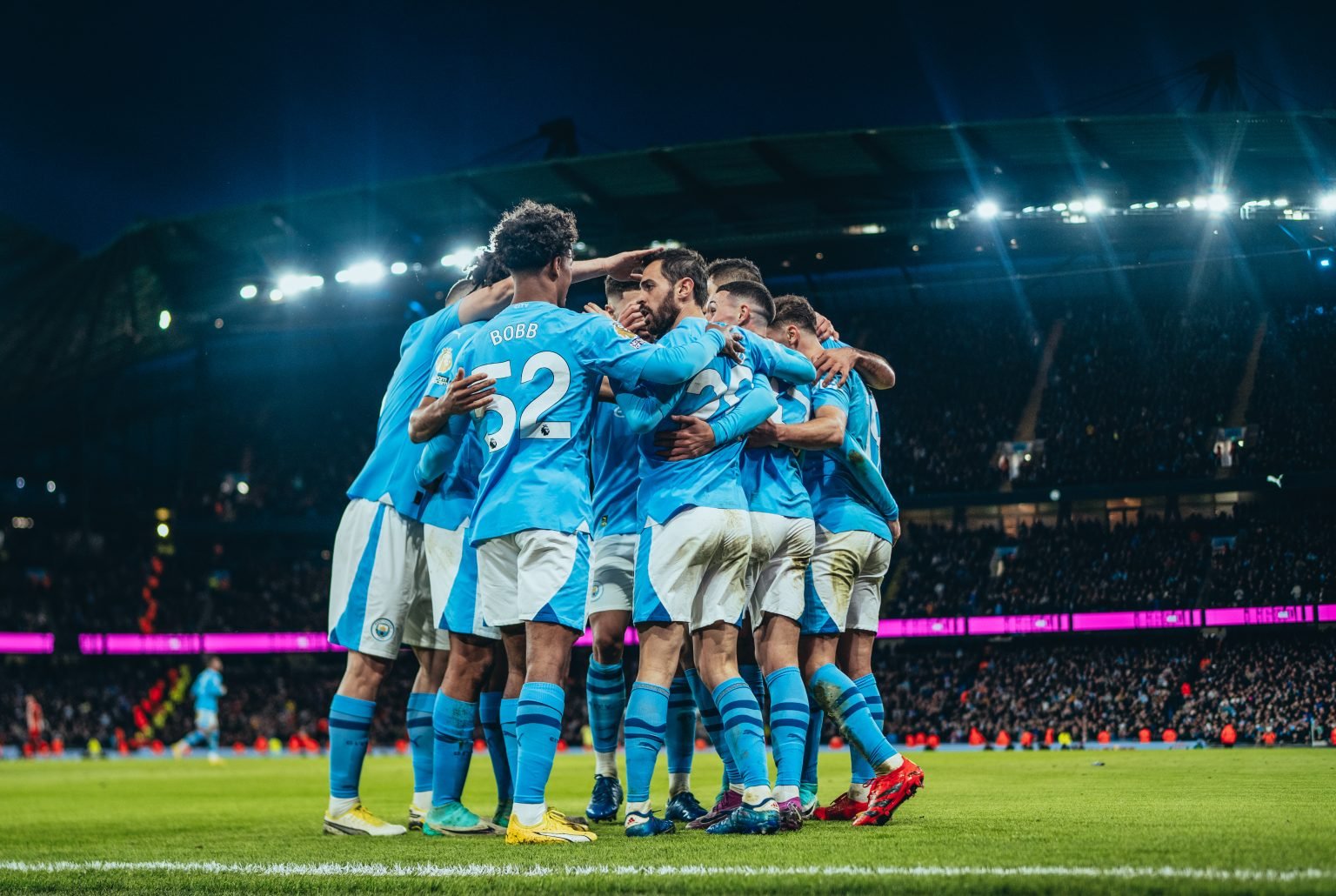
Discover everything you need to know about the upcoming 2025 FIFA Club World Cup in this blog!

Wembley Stadium – a symbol of sporting legends, music history, and unforgettable moments. Discover exciting facts and figures!

The race for the coveted Ballon d'Or is always one of the most anticipated discussions in the football world, and 2024 is no exception.
The names of all Premier League clubs are generally known. But did you know that every Premier League club has a nickname? In this blog we will be covering all the nicknames of the Premier League clubs! Let’s find out more about the nicknames and their origins, of course some may be very simple and others have a more historical meaning, along with a few clubs with more than one nickname. Let’s dive straight in!
| Club | Nickname | Club info |
|---|---|---|
| Arsenal | The Gunners | >> Go to club page |
| Chelsea | The Blues | >> Go to club page |
| Liverpool | The Reds | >> Go to club page |
| Manchester United | The Red Devils | >> Go to club page |
| Manchester City | The Citizens | >> Go to club page |
| Tottenham Hotspur | Spurs | >> Go to club page |
| West Ham United | The Hammers | >> Go to club page |
| Crystal Palace | The Eagles, The Glaziers | >> Go to club page |
| Leicester City | The Foxes | >> Go to club page |
| Fulham | The Cottagers, The Whites | >> Go to club page |
| Bournemouth | The Cherries, Boscombe | >> Go to club page |
| Newcastle United | The Magpies | >> Go to club page |
| Brighton and Hove Albion | The Seagulls | >> Go to club page |
| Ipswich Town | The Tractor Boys | >> Go to club page |
| Aston Villa | The Villans | >> Go to club page |
| Brentford | The Bees | >> Go to club page |
| Nottingham Forest | The Reds, The Garibaldis | >> Go to club page |
| Everton | The Toffees, The Blues, The People’s Club | >> Go to club page |
| Southampton | The Saints | >> Go to club page |
| Wolverhampton Wanderers | Wolves | >> Go to club page |
This stems back from when they were formed in 1886 by workers at the Royal Arsenal factory. This factory produced weapons and explosives so we can see where the canon on the team badge comes from now! This canon wasn’t always on the badge and was introduced in 1922 and since then has remained on the crest and clearly identifies Arsenal’s nickname: ‘The Gunners‘.
To put it very simply, Liverpool have always played in red since 1894, previously they had played in blue but this clashed with local rivals Everton so a change was needed. The full red kit including shorts and socks wasn’t introduced until 1964 when manager Bill Shankly decided to change the kit, he thought red would be frightening for opponents! In 1901 the Liver bird was added to the logo which creates their unique crest we all know today!
Their sky blue and white kit colours have been used since around 1892, so it’s no surprise to their simple nickname: ‘The Sky Blues’. However ‘The Citizens’ has simply evolved from them being named Manchester City, it also implies that most of their fans are citizens of Manchester. This could be considered a dig towards Man Utd due to their extensive non-local following across the globe.
Tottenham Hotspur are the only team in the world of professional sports to have the name ‘Hotspur’. This stems from an English knight, Sir Henry Percy and his enemies that named him ‘Haatspore’ because of the way he charged into battle digging his spurs into his horse. The Percy family had ties and owned land around the Tottenham Marshes. When the current Premier League club was founded in 1882 the local people knew that they needed to use the name Hotspur for the club.
The Glaziers originates from a Victorian style crystal palace building in South London which unfortunately burnt down in 1936. This name was used for many years from 1905 to 1973. In the early 70s the club decided to change their logo to an eagle holding a ball, this is where we get the more commonly used nickname for Crystal Palace of ‘The Eagles’.
Leicester City’s nickname, ‘The Foxes’, stems from the city’s rich history. For centuries, the fox has been a significant symbol in Leicester, celebrated by its residents. Fox hunting was a popular pastime among both the nobility and locals. This heritage was honoured in 1948 when the fox was first featured in Leicester City’s logo.
It is said to be believed that two magpies would come to the northern stand of the stadium and brought the club luck. The supporters grabbed onto this and called themselves ‘The Magpies’. The club colours are black and white and very similar to a magpie’s colours.
Sometimes nicknames are very simple. The colour of Bournemouth’s shirt is cherry red, hence the name The Cherries. We also have the nickname Boscombe. Bournemouth’s stadium is located in the Boscombe district.
If you know any UK geography you will know the club is situated on the south coast of England. This is exactly where their nickname comes from as the coastal town has beachfronts and seagulls! The Seagull is featured on the club’s crest and they play in blue and white kits.
After a long absence, Ipswich Town is back in the Premier League. The club’s nickname, ‘The Tractor Boys’, has unique origins. During their Premier League stint from 2000 to 2002, Ipswich often faced more fashionable clubs. Following a 1-2 victory over Leeds in the 2000-2001 season, Leeds fans chanted, ‘We are being beaten by a bunch of tractor drivers’. Ipswich supporters embraced this nickname as a playful nod to Suffolk’s agricultural roots.
Fans of this club used to chant to the players ‘Buck up B’s’ but this was mistranslated by press to ‘Buck up Bees’. The nickname stuck with the club since the 1890s. The club’s crest has been changed several times but also features a bee on it, their club mascot is ‘Buzz Bee’.
From the beginning, Forest dressed in ‘Garibaldi red’ shirts. This was named after the leader of the Italian freedom fighters known as the redshirts, who were universally popular in England at the time.
One name stems from local toffee shops where fans would buy toffees to enjoy while watching the game. This brought along a tradition in which a ‘toffee lady’ would throw Everton mints into the crowd before a match. Since 1901 Everton have played in blue so it only goes without saying where that nickname came from! David Moyes gave them the name of ‘The People’s Club’ when he managed the Premier League club between 2002 and 2013.
Now you know everything about the nicknames and history of the Premier League clubs! Would you like to go to England soon and cheer on one of the clubs? By clicking on the link below, we will gladly help you to arrange an unforgettable trip with tickets of your favourite Premier League club!
Since the 1960’s Chelsea changed their kit colours to all blue with white socks so they have commonly been known as ‘The Blues’ from then. They had a few nicknames which fans didn’t like when they added a lion to their logo in 1952 and the nicknames ‘Lions’ and ‘Blue Lions’ weren’t popular, because Millwall had already claimed ‘The Lions’ as their nickname. ‘The Pensioners’ came about because the retired military servicemen from The Royal Hospital in Chelsea used to attend the matches from when they formed in 1905!
This nickname actually stems from Rugby League back in 1934. Salford’s Rugby League team toured France and won all six matches, French journalists said they played in a dazzling and ruthless fashion, earning them the name ‘Les Diables Rouges’ translating to ‘The Red Devils’. In the 1960’s Sir Matt Busby was rebuilding the team and much preferred this name to their previous nicknames, he thought it was more intimidating to opponents! In 1970 the devil was finally added to their badge and in the early 90s Fred the Red was made as their mascot!
West Ham United have always had their classical crest with two crossed rivet hammers since their formation. The team was formed from the Thames Ironworks Team (1895-1900) with surrounding neighbourhoods heavily involved in the shipbuilding industry. You would hear all sorts of hammering echoing all around which is where the rivet hammers come into play. West Ham United have also been nicknamed ‘The Irons’ with both names being officially recognised by the Premier League club.
The nickname The Cottagers comes from Fulham’s home ground. The stadium is called Craven Cottage and the players who play there are called The Cottagers by the supporters. In addition, just like Leeds, they have the nickname ‘The Whites’. This is because the uniform consists of white shirts, white shorts and socks. Two nicknames that are actually quite obvious.
The Premier League club’s name and nickname actually stems from an old villa in the area of Aston. Aston Villa Wesleyan Chapel was located on George Street and unfortunately demolished in 2008. The team are also known as ‘The Lions’ front he club’s crest and ‘The Claret and Blue Army’ from their kit colours.
After a year away, Southampton is back in the Premier League. The nickname “The Saints” dates back to the club’s founding in 1885. Established by St. Mary’s youth association members as St. Mary’s Y.M.A., the club’s ecclesiastical roots inspired the nickname. Though the club’s name later changed to Southampton, the nickname stuck.
This nickname is directly from the name of the club city ‘Wolverhampton’ and just shortened to ‘Wolves’. The premier league club was founded in 1877 and since the early 1920s have always been known as ‘Wolves’, along with having an image of a wolf on their crest since then also.
